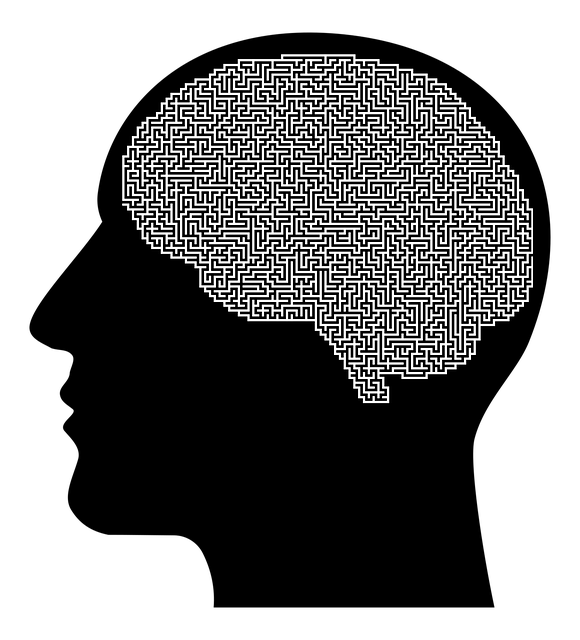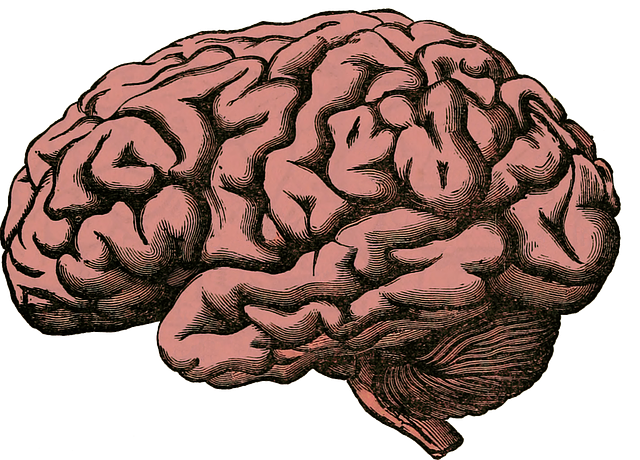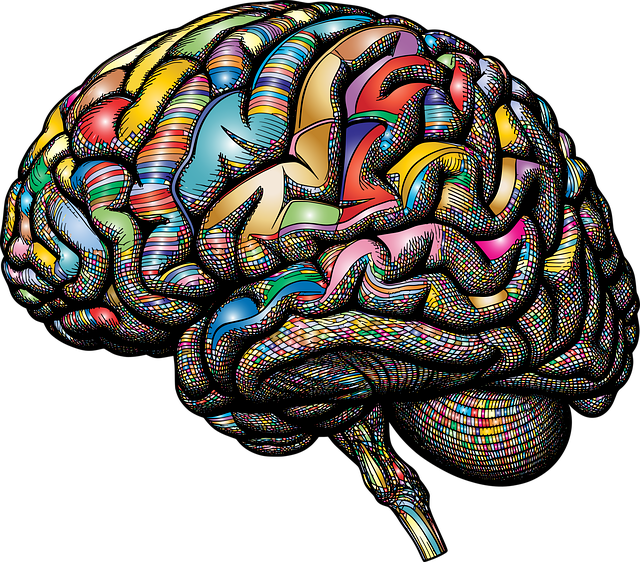In diverse healthcare settings like Westminster, cultural competency is key to quality patient care, especially for Mandarin Chinese-speaking therapy clients. The Westminster Mandarin Chinese Speaking Therapy program addresses language and cultural barriers, offering specialized training on emotional intelligence and stress reduction tailored to their needs. This initiative improves communication, builds trust, and enhances therapeutic outcomes, empowering patients with self-care practices and trauma support services. By fostering an inclusive environment, this program ensures culturally responsive care, improving access to quality mental health services for all communities.
In today’s diverse healthcare landscape, cultural competency training for providers is more crucial than ever. This article explores why this type of education is a necessity in modern practice, delving into specific challenges like language and communication barriers. We highlight the innovative approach taken by Westminster Mandarin Chinese Speaking Therapy, showcasing how targeted training enhances cross-cultural care. By examining these key areas, we emphasize the importance of cultural competency in ensuring equitable and effective healthcare for all.
- Understanding Cultural Competency in Healthcare: A Necessity in Modern Practice
- The Impact of Language and Communication Barriers in Therapy Settings
- Westminster Mandarin Chinese Speaking Therapy: Enhancing Cross-Cultural Care through Training
Understanding Cultural Competency in Healthcare: A Necessity in Modern Practice

In today’s diverse healthcare landscape, cultural competency has become an indispensable aspect of quality patient care. It involves understanding and appreciating the cultural differences and beliefs of patients, families, and communities, especially in a metropolitan hub like Westminster where numerous ethnic groups coexist. For instance, consider the unique needs of Mandarin Chinese speaking therapy clients, ensuring their comfort and effective communication. The Westminster Mandarin Chinese Speaking Therapy program exemplifies this approach, addressing cultural barriers to access mental healthcare services for this specific demographic.
Cultural sensitivity in mental healthcare practice is crucial, as it can impact patient outcomes significantly. Training programs like the Mental Wellness Podcast Series Production emphasize cultural competency by educating professionals on diverse perspectives and customs. This knowledge equips healthcare providers with the skills to deliver culturally tailored care, fostering trust and improving treatment adherence. By incorporating these insights, mental health practitioners can better address concerns related to depression prevention and overall mental wellness across different cultural backgrounds.
The Impact of Language and Communication Barriers in Therapy Settings

In therapy settings, language and communication barriers can significantly impact the effectiveness of treatment. When patients and therapists speak different languages, it creates a challenge that goes beyond simple translation. Misunderstandings, cultural nuances, and differences in expressive styles can all contribute to a less than optimal therapeutic experience. For example, a patient from a culture with a more indirect communication style might struggle to express their true feelings, hindering progress in therapy.
At Westminster Mandarin Chinese Speaking Therapy, we recognize these challenges and provide specialized training that focuses on bridging these gaps. Our approach emphasizes emotional intelligence, resilience building, and stress reduction methods tailored to culturally diverse individuals. By fostering effective communication, therapists can better understand their patients’ perspectives, build trust, and ultimately enhance the therapeutic process, ensuring everyone receives personalized care.
Westminster Mandarin Chinese Speaking Therapy: Enhancing Cross-Cultural Care through Training

Westminster Mandarin Chinese Speaking Therapy is a pioneering initiative that demonstrates the power of cultural competency training in healthcare. By focusing on Mandarin Chinese speaking communities, this therapy program aims to bridge the gap between diverse cultural backgrounds and healthcare services. The therapy offers a unique approach, incorporating self-care practices tailored to address specific emotional well-being promotion techniques relevant to this demographic.
Through interactive sessions, participants gain valuable insights into trauma support services, enabling them to navigate complex cultural nuances effectively. This training ensures that healthcare providers are equipped to deliver sensitive and culturally responsive care. By embracing such initiatives, healthcare organizations can enhance patient outcomes and foster a more inclusive environment, ultimately improving access to quality medical services for all communities.
Healthcare provider cultural competency training is no longer a choice, but an imperative need in modern medical practice. As diverse communities become the norm, understanding and bridging cultural gaps in healthcare delivery is crucial for improving patient outcomes and fostering inclusive care. The case study of Westminster Mandarin Chinese Speaking Therapy demonstrates how targeted training can enhance cross-cultural communication, ensuring that all patients receive respectful and competent care, regardless of their linguistic or cultural background. Continued investment in such initiatives will be vital to navigating the evolving landscape of healthcare.













